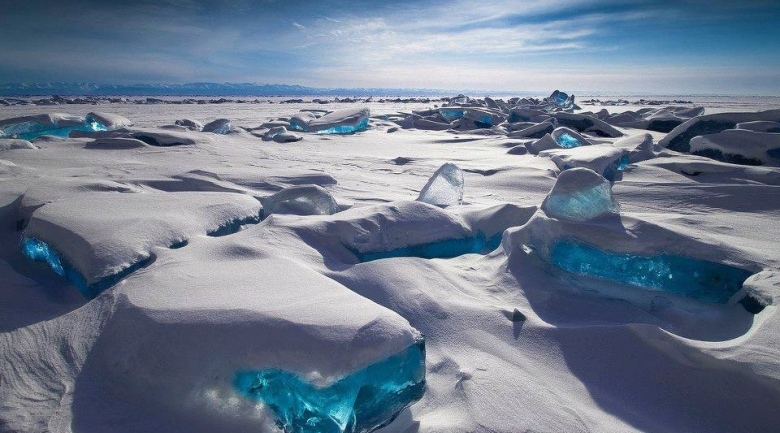
The theory is simple: a plane sprays sulfate aerosols into the atmosphere, building a reflective layer that blocks a small portion of the sun’s energy, thus cooling the globe.
There’s plenty of support for the theory, including a few sulfate-spewing volcanoes which have cooled the globe in the past, but it’s still unclear how it would work in practice. It’s generally accepted that the sulfates would disappear from the atmosphere within a few years, but more complex effects remain unknown.
The next step is to test the idea in the atmosphere with small drops over the course of a few days, but that proposal is still extremely controversial. It’s easy to see why critics are nervous. In the wrong hands, solar radiation management has the potential to destroy the planet’s ecosystem entirely. The danger of a sulfate-triggered global drought or an accidental ice age is very real, and the climate is too complex to predict on a global scale. More than that, it’s still unclear exactly how governments would use this technology. Like the nuclear bomb, geoengineering would require a kind of global governance that simply doesn’t exist yet, and many climate activists see the climate-engineering cure as worse than the disease.
Keith’s ideal plan is simple enough: a slow ramp-up in sulfate drops over decades, giving the human race more time to quit fossil fuels and the planet’s ecosystem time to adapt to higher temperatures. Once carbon emissions stopped around 2070, the sulfate drops would phase out, ending completely by 2120. Warming would still be a problem, of course, but geoengineering would let it come on slowly, giving ecosystems time to evolve and avoiding the destructive climate shocks that some studies predict. And by phasing out the action, Keith would avoid the dangers of an open-ended program in which warming worsens over centuries as geoengineering efforts face diminishing returns.
The century-long respite, in contrast, seems like a potentially useful weapon in the fight against a warming climate. Still, it rests on dozens of potentially dicey decisions. Will the world actually be ready to quit fossil fuels by 2070? When the moment comes to start reducing the sulfate drops, warming an already sweltering globe, will world leaders lose their nerve? Will the new politics of weather force governments into rash decisions such as drying out the climate after storms or nixing the project entirely in response to a single dry season? Behind all of those questions is an even bigger one: who will make the choice? When charting a course for the entire planet, who can we trust to take the wheel?
